America’s vision of governance “by the people” is central to the idea that journalism should cover, appeal to and inform more than one portion of the population. People living in a democratic republic must be able to discern truth, based on facts, to make decisions about their daily lives, as well as to participate fully in government and society.
But local journalism has struggled with changing demographics, decreased revenues and a polarization of opinion. Communities are suffering. Far from having at least one “trusted source” of information to rely on, people must seek out – often between the lines – a usable, fact-based explanation or analysis of an event, situation or circumstance, and then must try to determine a course of action to address that situation.
As an example, the COVID-19 pandemic underscored how much local journalism has changed. When most of America needed “one stop” sources of information about scope, impact, mitigation and policy, instead of having a “paper of record,” we had competing websites, blogs and even memes, determining how people responded to a worldwide crisis.
In the middle of the pandemic, the Community Foundation for Mississippi was approached to partner in a project to support local journalism statewide with traditional and new media partners, public broadcasting and education outlets. For the past two years, with funding from the W.K. Kellogg Foundation and Microsoft Corporation, we’ve worked with a team of investigative journalists, editors, writers, educators and publishers to explore the intersection of news, information and community solutions.
We are learning a lot.
Some of our participants are nonprofit newsrooms. Some are traditional. We have a team of investigative journalists doing long-form stories about health issues, food deserts, water quality — the basics of life. As we progress through the project, we are learning how to adapt longer form stories into useful information people can apply every day, to manage their lives and equip themselves for success.
What we’ve learned is that it’s not easy.
- Competition is still fierce in the news business and cooperation can be difficult to foster. Even partners who want to work together find that realities in the market work against collaboration.
- There is so much information in the marketplace of ideas, discernment is more critical than ever, and harder to come by. Copyediting is a vanishing art, and even basic editing is at a premium. It can be hard to define “fact.”
- People need curated information with enough analysis to help them make decisions. That information needs to be properly sourced and fact-based. But flash, splash and “boosted” are so prevalent, it’s hard to see the trees for the laser light show.
- It is even more essential, but less likely, to find general information that is accessible to populations whose preferred language is not English. Finding avenues to support through this project has proved harder than we thought. We are working now with different partners to determine where our Latinx communities, and our Vietnamese communities are going for information, with the intention of supporting those sources.
- Objectivity might be old-fashioned, but it’s more essential than ever. Readers and news consumers might not be able to spot bias immediately, but they know when they’re being manipulated. Short-term wins, like clicks, shares and comments, don’t translate to trust.
- Current business models don’t work very well. Nonprofit newsrooms are dependent on donations and support from philanthropy. Long term, this won’t foster independence. Traditional business models rely on relevance to the community and corporate or conglomerate ownership is not good for relevance in the hyper-local sense.
The tenets of democracy are equal justice, voting rights and access to information. This includes supporting local journalism to regain its place in the ecosystem, to become or remain relevant to people, to democratize information so that people with privilege don’t dominate the conversation. We encourage anyone with the opportunity to participate in such a project to “just do it.”
We don’t know solutions yet, but we’re learning that this type of support is essential if we are to strengthen local people being able to access information they need to make decisions about their lives and our country’s governance.

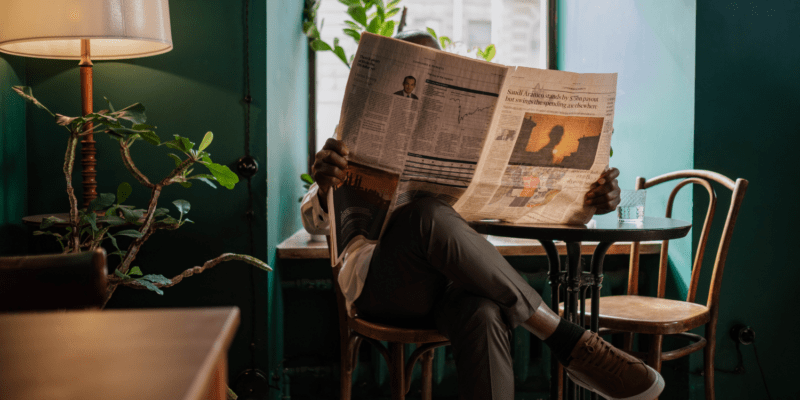

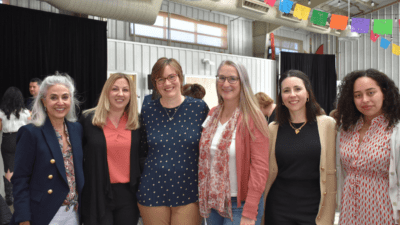
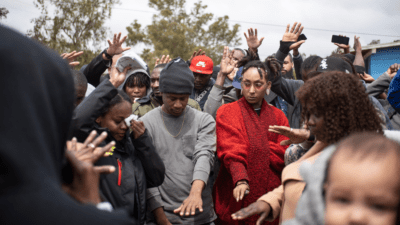
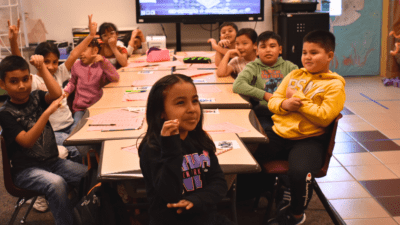
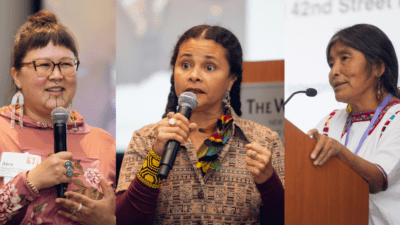

Comments